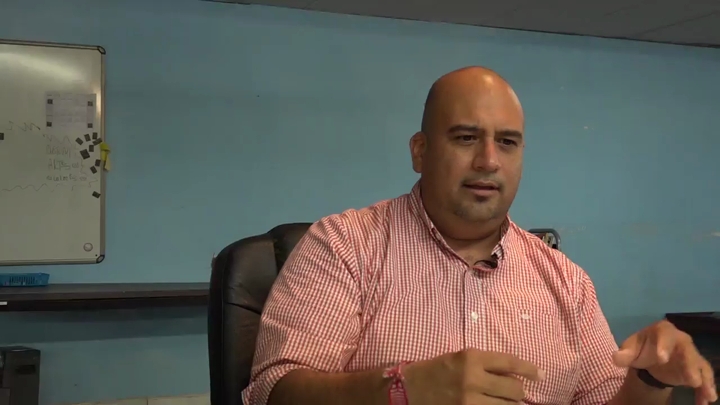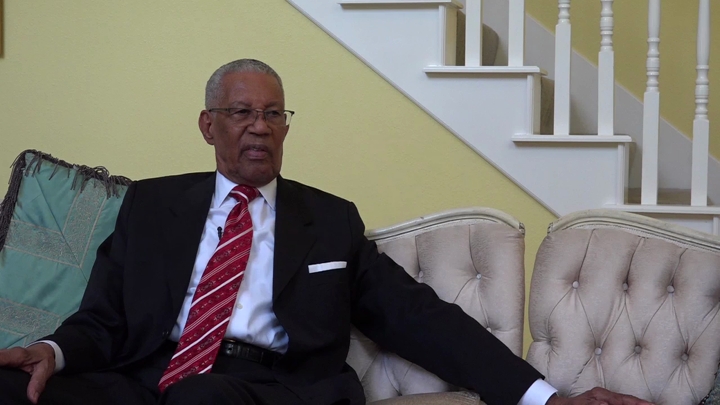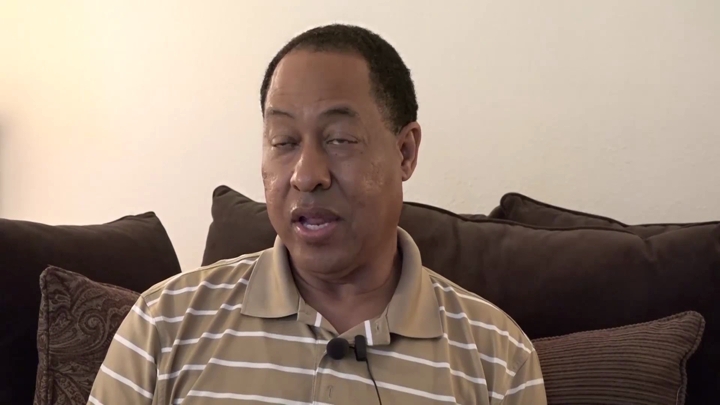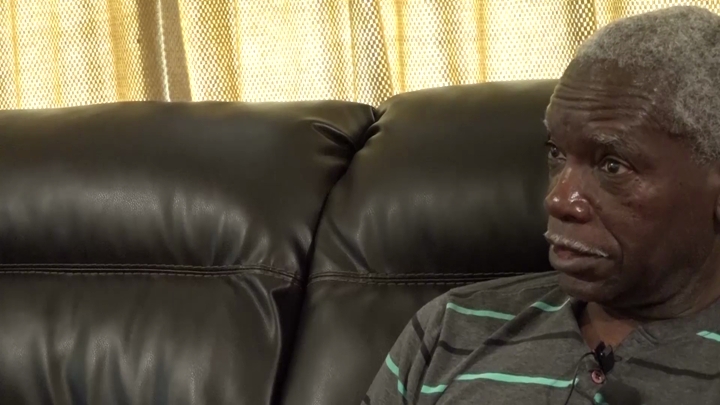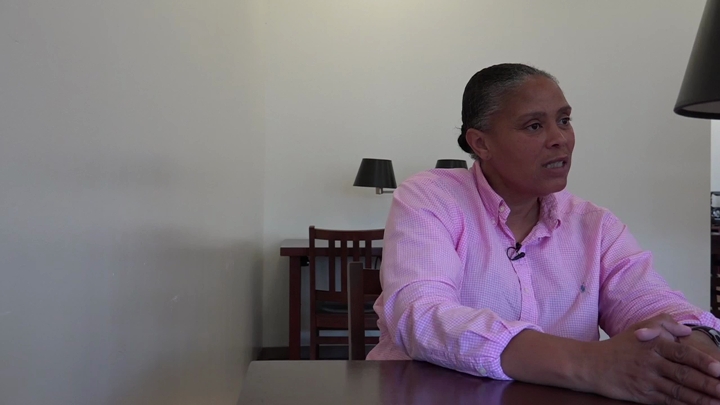Luthuli-Allen / School Experiences and Integration, Part Two
sign up or sign in to add/edit transcript
Lituli-Allen: When I was in high school we didn't have algebra, but we had modern math as a substitute for algebra. So, I decided I was going to make a hobby of studying physics. Even though we didn't have physics at the school, we didn't have trigonometry or anything in this small southern town of about five thousand people, I studied physics. Of course, everything was segregated, but I did win a first place in state-wide in physics in academic competition. Some of my classmates also excelled. I was very familiar with the historical black schools in this state, Southern and Grambling. Grambling was only five miles from my mother's homestead. So, I was very familiar with Southern and Grambling, but I decided I wanted to go to the University of Houston. Interviewer: Before we move to the University of Houston, you mentioned your family provided cultural accommodations for you to succeed within the household and your community. Could you go into detail? Lituli-Allen: I tell you what, when I was in high school, I had a voracious appetite for reading. During the summer I would read a hundred books every summer as part of a club. So, when I would discover, you know, reading transports to a new world and your mind never goes back to those former dimensions before you discovered some new concepts. So, keep in mind, I was very interested in physics. I might need to mention I had applied—I wanted to apply to the Air Force Academy, but in order to apply you had to have a recommendation from a Congressperson. So, I couldn't get a congressperson to recommend me, and of course, there were no black Congresspeople at that particular time and I had to abandon the idea of the Air Force. Louisiana was, let's say, in a kind of cocoon of ignorance as evidenced by in Louisiana we had what was called "Americanism vs. Communism" week. That was part of the public-school curriculum. So, every student in Louisiana, for one week, you had to just abandon all other studies and you would have to watch films and read books. Matter of fact, I even did a book review on the book _You Can Trust a Communist to Do Exactly as They Say_. I did a book review on that book and of course I got an A on it. We would watch these J. Edgar Hoover inspired films about the evil of Communism and, of course, it was during the Cold War. Civil Defense was very big at that particular time. I think the hysteria when Sputnik went up and it began to get progressively worse. Nineteen sixty was the Cuban Missile Crisis, but at any rate, with this ominous cloud, this Red Menace over our heads, we were constantly bombarded about the evils of Communism. What happened in Louisiana, the local draft boards, who were the business leaders in town, they were segregationists. They raided the black community and the black schools for fodder for the infantry for the Vietnam War. Somewhat like Muhammad Ali said, you know, people who couldn't spell Communism were sent six thousand miles to fight somebody who never called them nigger. Even now, we are just beginning to realize the impact of the local draft boards and the segregationist presence that stacked the infantry with black boys to die in Vietnam during that time. I lost classmates in Vietnam. They used a simple technique. If you were going to school and happened to get on academic probation, as soon as you got on academic probation they'd draft you and have you to appear at your local draft board and then they'd send you to Vietnam.
| Interview | Interview with Omowale Luthuli-Allen |
| Subjects | Discrimination or Segregation |
| White Resistance to Civil Rights › White Resistance and Anti-Communism | |
| Education › Secondary Education | |
| Education › Higher Education | |
| Military › Vietnam War | |
| Military › Military Draft | |
| Tags | University of Houston |
| Hoover, J. Edgar | |
| Cold War | |
| sign up or sign in to add/edit tags | |
| Interview date | 2016-06-17 |
| Interview source | CRBB Summer 2016 |
| Interviewees | Luthuli-Allen, Omawale |
| Locations | Houston, TX |
| Louisiana | |
| Duration | 00:06:12 |
| Citation | "School Experiences and Integration, Part Two," from Omawale Luthuli-Allen oral history interview with , June 17, 2016, Civil Rights in Black and Brown Interview Database, https://crbb.tcu.edu/clips/3433/school-experiences-and-integration-pt-2, accessed February 16, 2026 |


